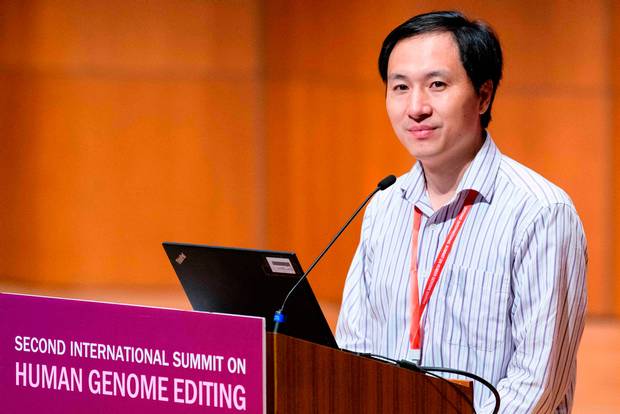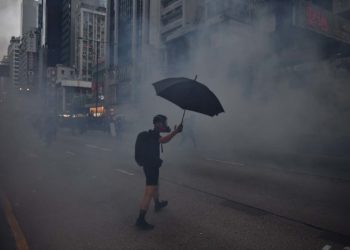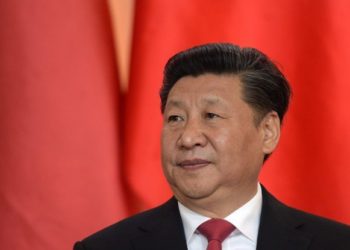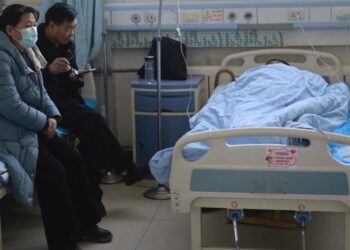Last week, the scientific community was stunned to hear that a Chinese scientist had transferred human embryos in which he had altered a gene to increase resistance to HIV and twins have been born. The news comes at a time that all the scientific reports about this method agree that we are a long way off from understanding the efficacy and safety of this procedure. Besides issues with the method of genome editing, this technology has potential implications for the society and health of our future offspring.
The Chinese scientist He Jiankui edited the DNA of seven embryos being used for fertility treatment, so far resulting in the birth of one set of twin girls, with an additional pregnancy due soon. He says he used the tool known as CRISPR to delete a small part of the embryos’ CCR5 gene, mutations in which are linked to resistance to HIV infection. Jiankui’s patients were HIV-positive men who had the infection under control and HIV-negative women. The risk of HIV transmission to their babies would have been negligible for these couples, and there are well-established ways to prevent HIV transmission to the offspring of HIV-positive couples.
Editing a human embryo and replacing it into a woman is premature, irresponsible, and dangerous on many levels. Currently, the studies on human embryo genome editing have shown that there are two issues. The first is off-target effects, where edits happen in other parts of the genome rather than just the gene that is hoping to be edited. The second is mosaicism which is when not all the cells of the embryo have the edit, which shows that the technique was not efficient.
So why did He Jiankui do it?
For some, there is the urge to be the first and be recorded in history. But the reports from the summit in Hong Kong where the announcement was made suggest that Jiankui was naive and maybe has not understood the current climate of human genome editing. When interviewed at the conference, his answers were brief.
Research and Public Debate
It is essential that research is undertaken to support the safety of human genome editing, but we also need to facilitate public debate. Many nations worldwide have been discussing the ethical and social implications of altering genes of our future children and how research should be conducted before the technique is deemed safe.
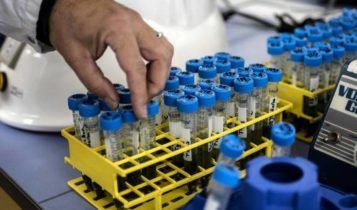
Human genetic research is developing at an incredible speed. In September 2016, I visited the newly opened China National Genebank in Shenzhen, a billion-dollar facility which aims to sequence millions of genomes and to resurrect the mammoth. I was therefore not surprised to hear that the claim for the first genome edited children came from Shenzhen. He Jiankui is currently on unpaid leave from the Southern University of Science and Technology in Shenzhen. The university stated that his conduct has seriously violated academic ethics and codes of conduct.
Should we Allow Genome Editing?
If genome editing is deemed safe at some point in the future, I predict that in most countries legislation would restrict its use to inherited genetic diseases or situations where there are no alternatives.
I was part of the genome editing working group at the Nuffield Council of Bioethics in the U.K., and after 20 months of research, we published our report in July 2018. We stated that before genome editing should be allowed, we need a broad societal debate to hear the public opinion. After that, we need clear legislation on when the technology should be allowed, but we also need robust studies to ensure that the procedure is safe and efficient.
We concluded that two overarching principles need to be considered: the welfare of the future person and that this technology should not increase disadvantage, discrimination, or division in society.
In February 2017, the report by the U.S. National Academies of Sciences, Engineering, and Medicine concluded that first peer-review preclinical research is required to establish the risks and benefits, which should be followed by clinical trials only for compelling medical reasons in the absence of alternative treatments. It laid out a regulatory framework that included ten recommended criteria.
The transfer of edited embryos is far too premature, and globally we need to rapidly develop governance to control the future use of this technology, both for the benefits of society and for any future children born from edited embryos.
Disclaimer: The views and opinions expressed here are those of the author and do not necessarily reflect the editorial position of The Globe Post.

